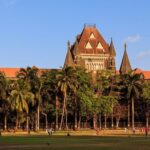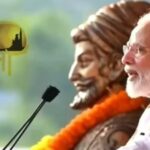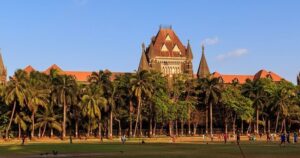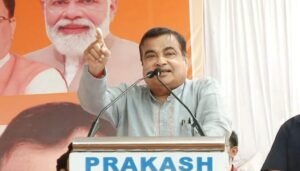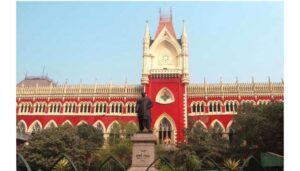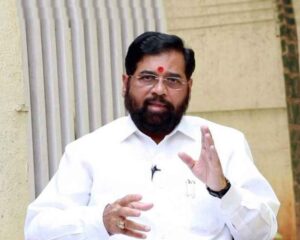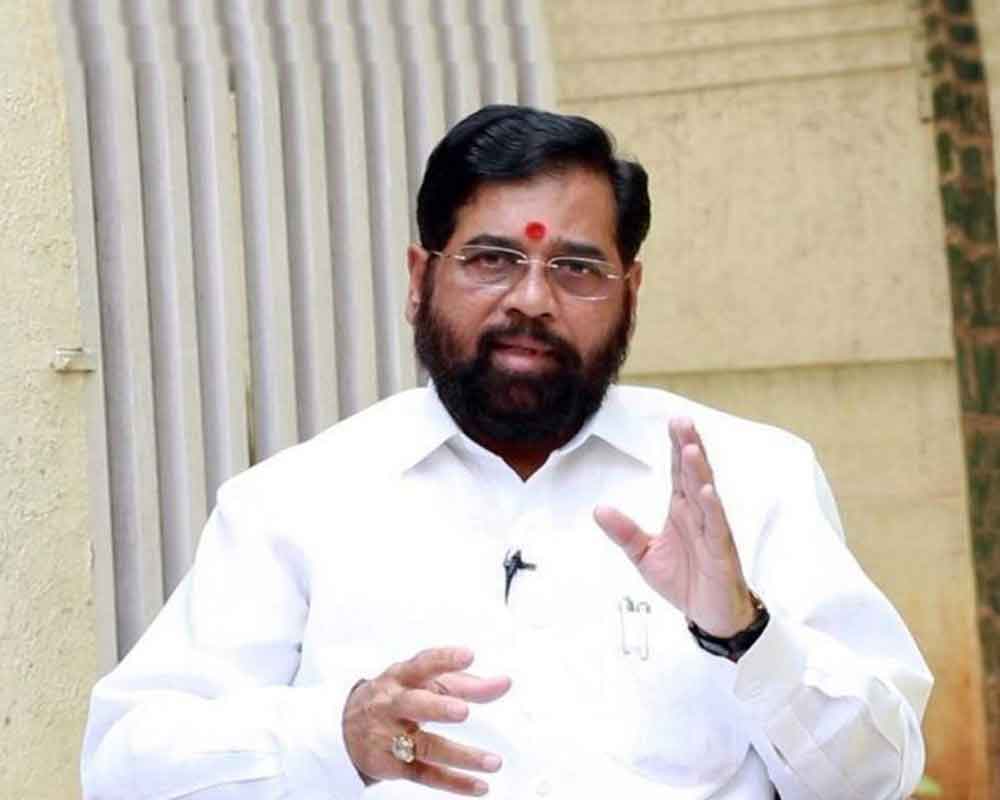
Maharashtra Chief Minister Assures Maratha Reservations Following Commission’s Report Submission
Mumbai, 16th February 2024: Maharashtra Chief Minister Eknath Shinde has reassured that Maratha reservations will be granted by the law, following the submission of a comprehensive report by the Maharashtra State Backward Class Commission. The report, detailing the social and financial conditions of the Maratha community, was submitted by the Commission’s Chairman, retired justice Sunil Shukre.
The extensive survey, conducted under the guidance of the Maharashtra State Backward Class Commission, involved the participation of nearly 3.5-4 lakh people, including Corporators, Collectors, and Divisional Commissioners. Chief Minister Shinde commended the committee’s diligence, highlighting the collaboration with various organizations that covered approximately 2-2.5 crore people. He emphasized the significance of ensuring that the Other Backward Classes (OBC) community is not overlooked in the process.
To address Maratha reservations, Chief Minister Shinde announced that the government would present the report to the cabinet committee. A special assembly session has been scheduled for February 20 to discuss and implement Maratha reservations by the law.
Meanwhile, Maratha quota activist Manoj Jarange Patil initiated his fourth hunger strike on February 10 in Antarwali Sarati village, Jalna district. Patil’s demands include the inclusion of Marathas in the OBC for reservations and the conversion of the draft notification on ‘blood relatives’ of Kunbi Marathas into law.
The Maratha community, led by Jarange Patil, has been advocating for reservations in education and jobs under the OBC category. However, the proposal of reservation under the Kunbi category faces opposition within the Maharashtra government, with senior leader Chhagan Bhujbal expressing objections. Patil’s agitation encompasses several demands, including Kunbi certificates for all Marathas, free education from kindergarten to postgraduate levels, and reserved seats for Marathas in government job recruitments. The developments indicate a complex scenario surrounding the issue of Maratha reservations within the state.


